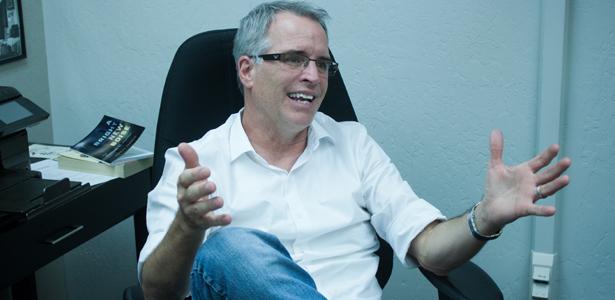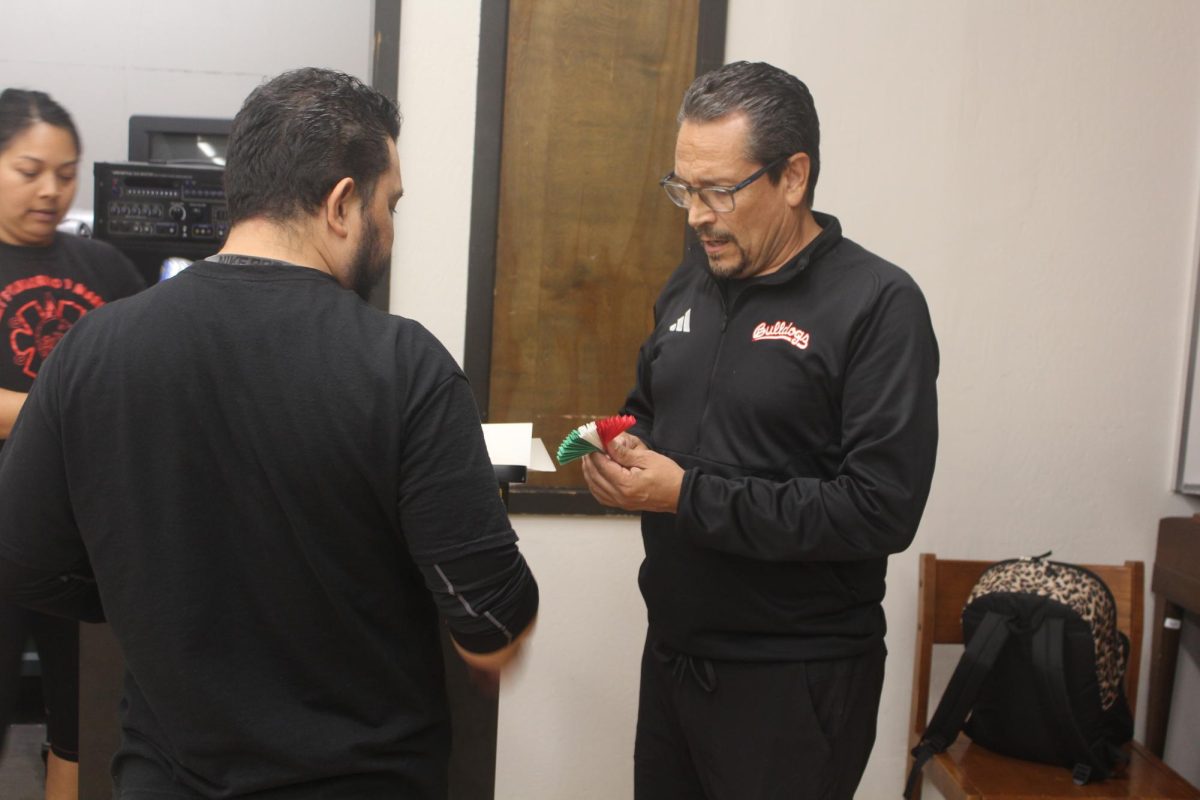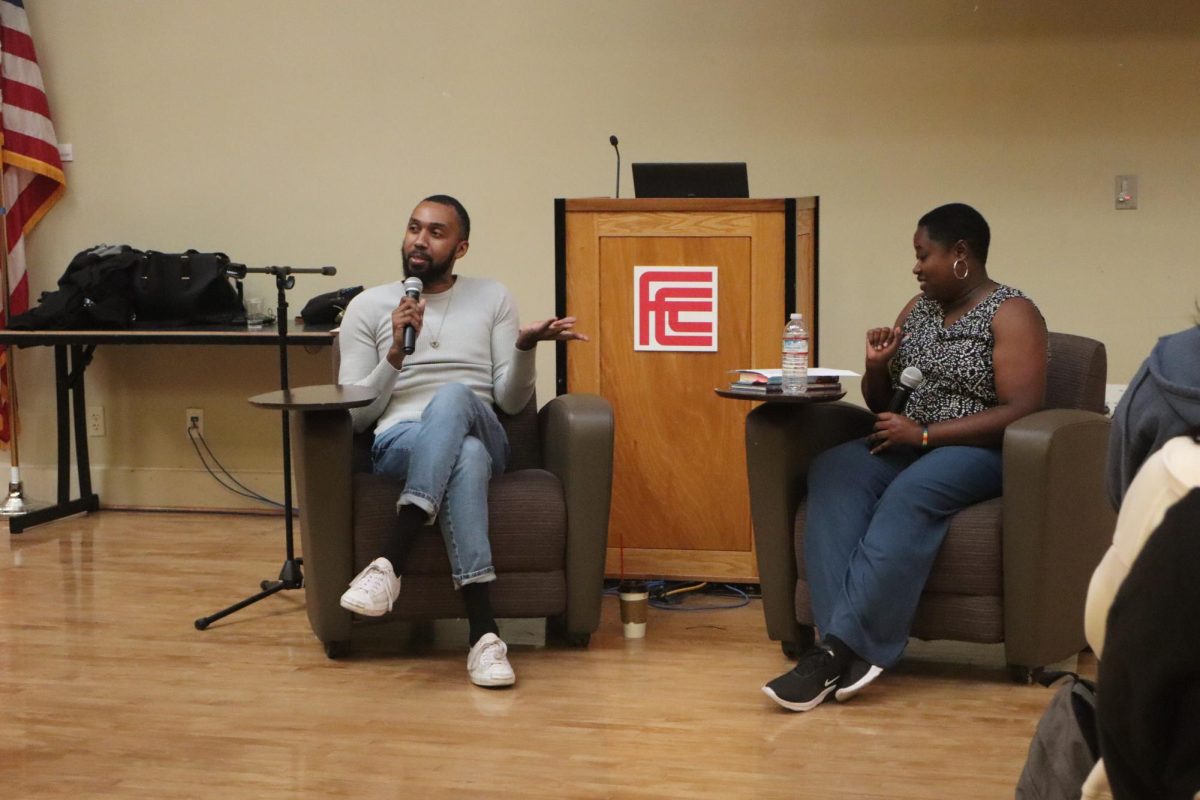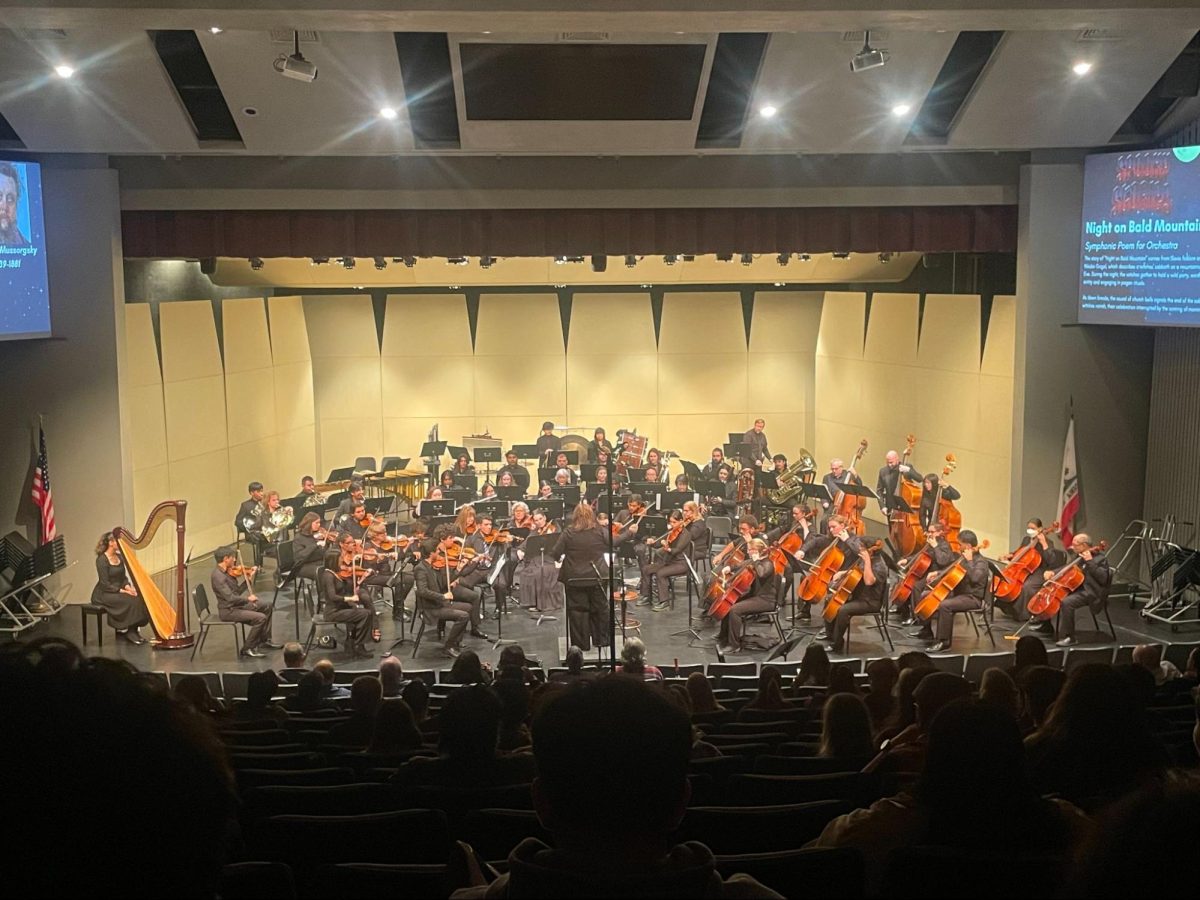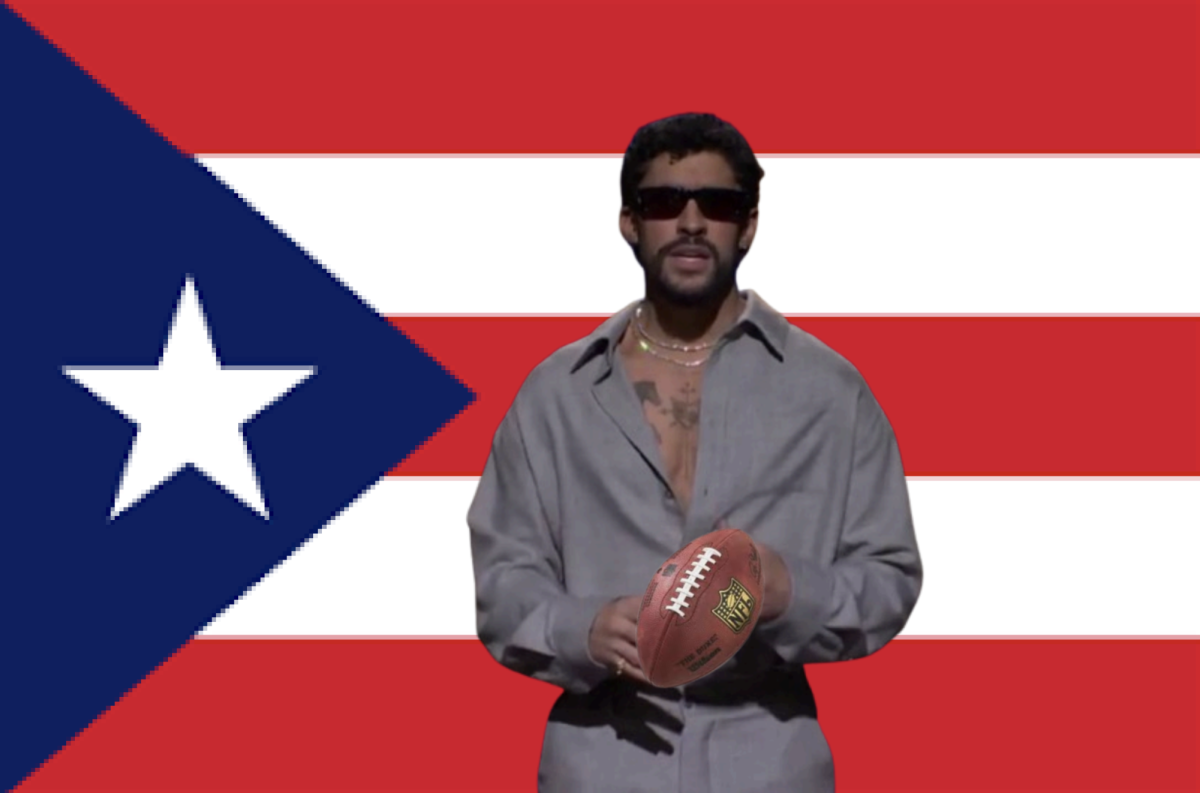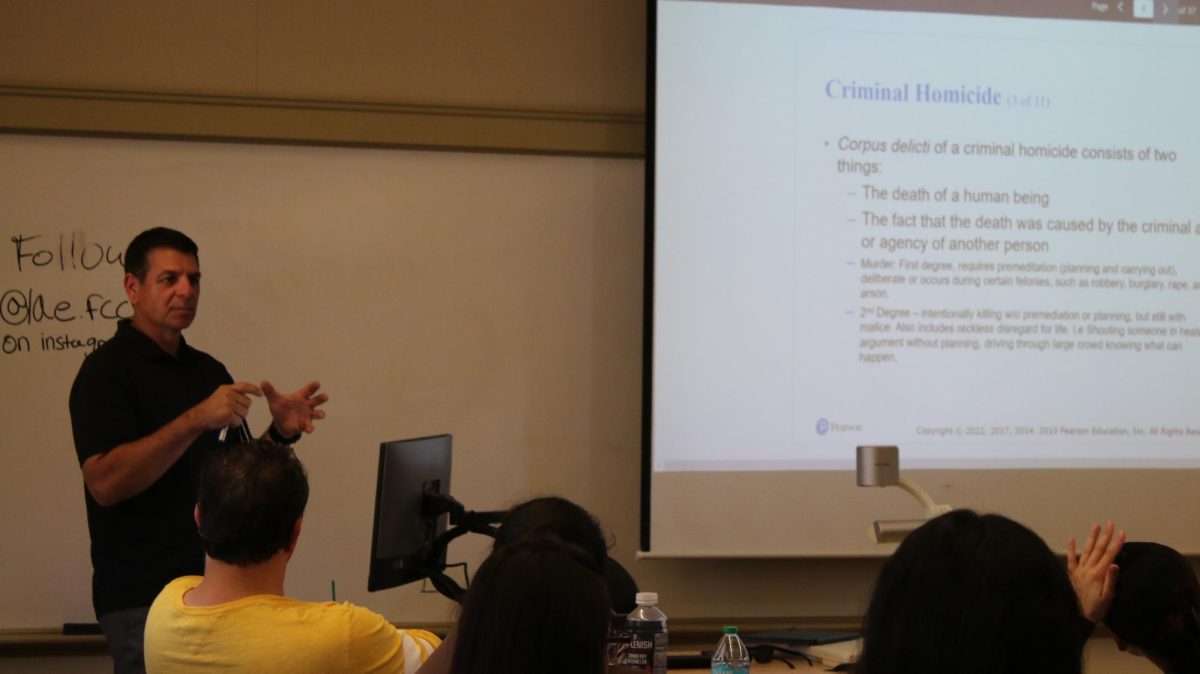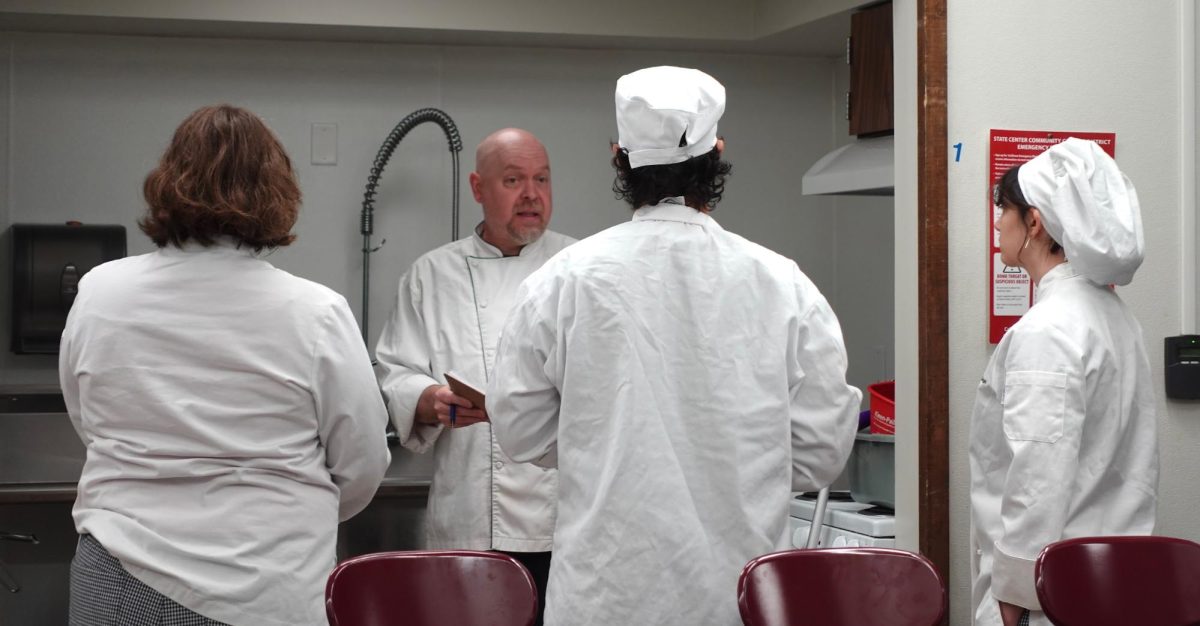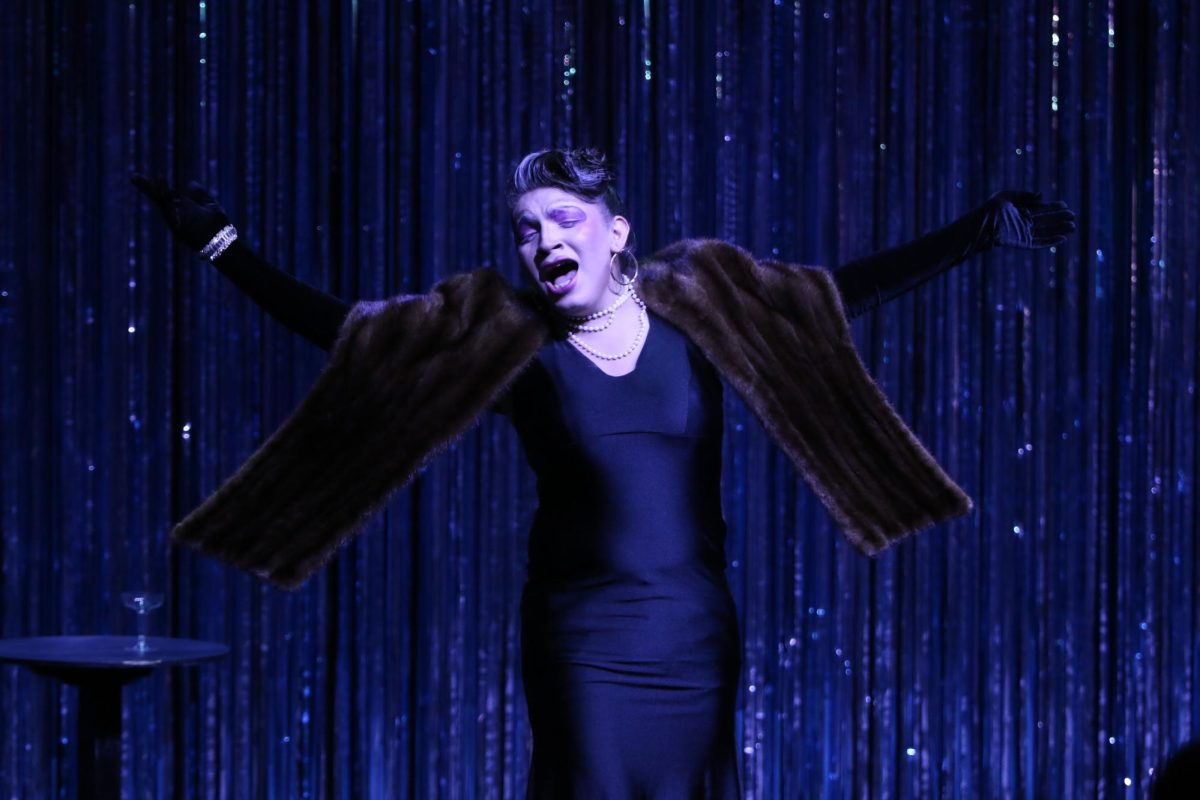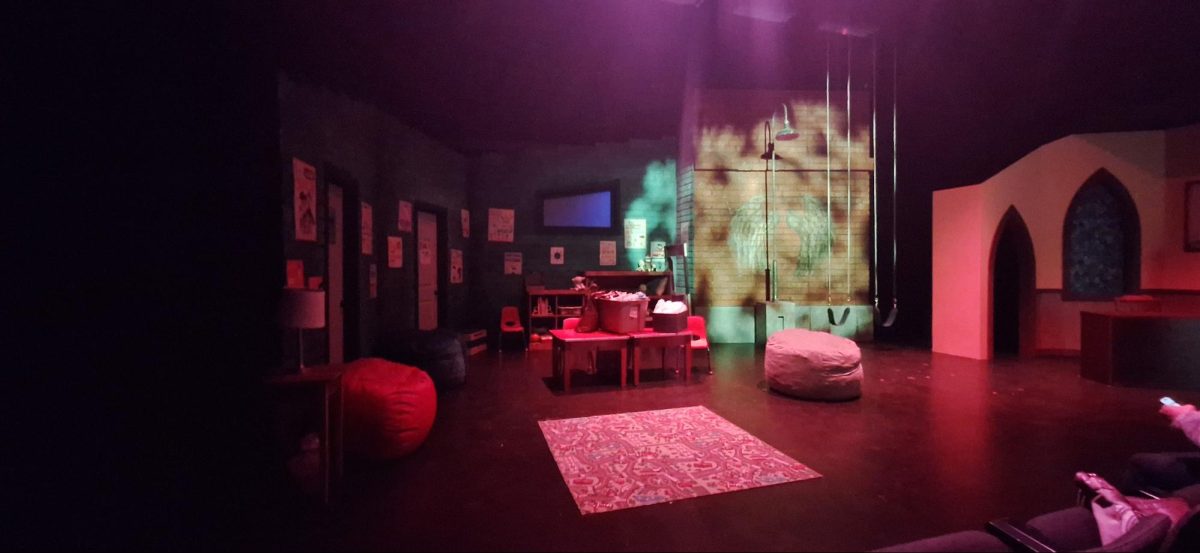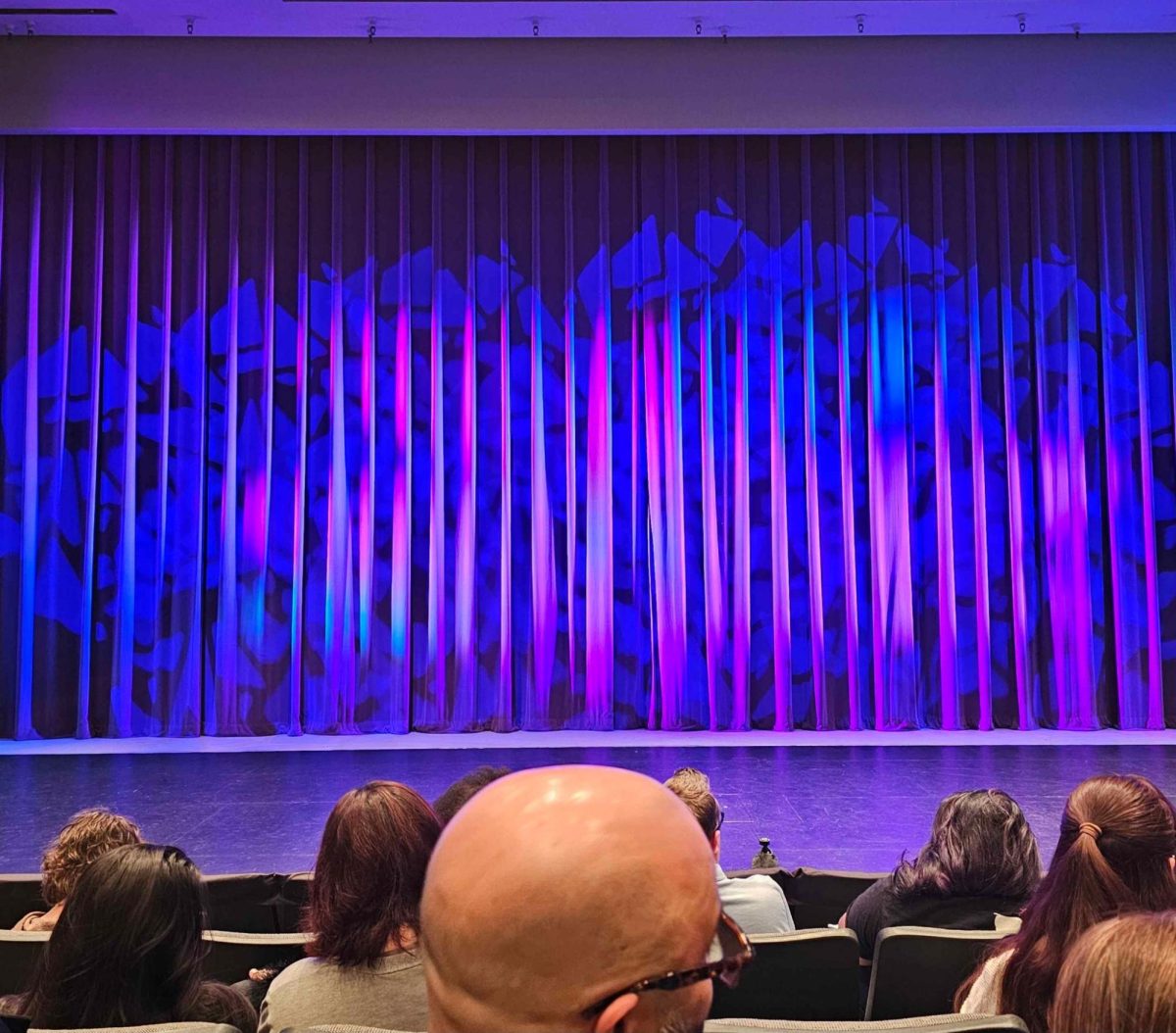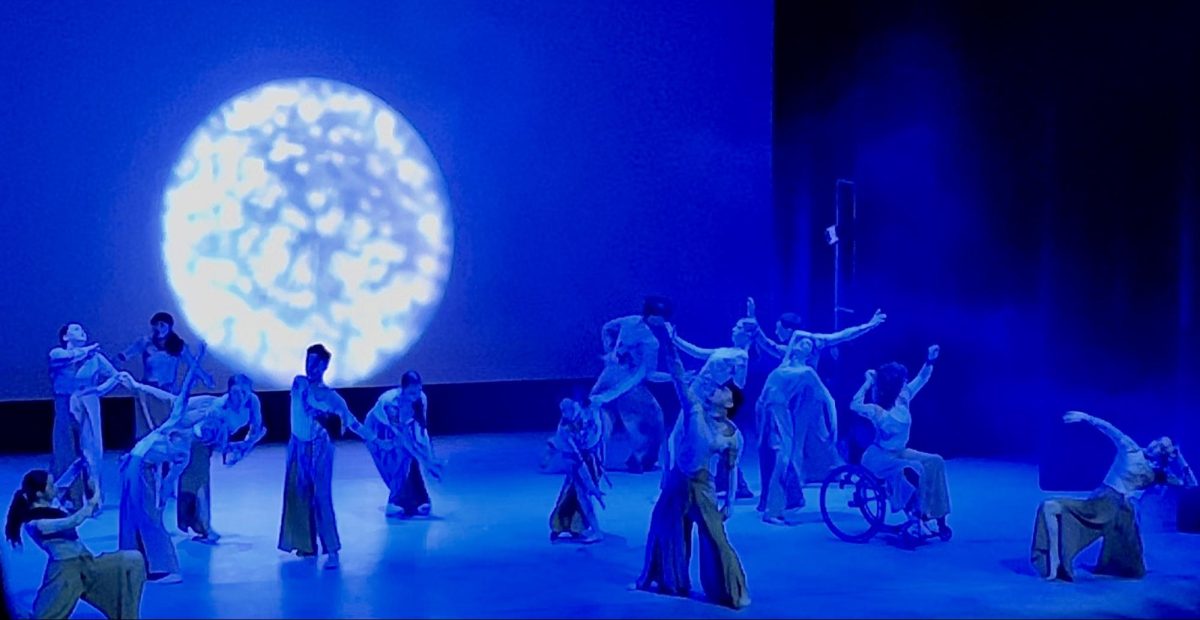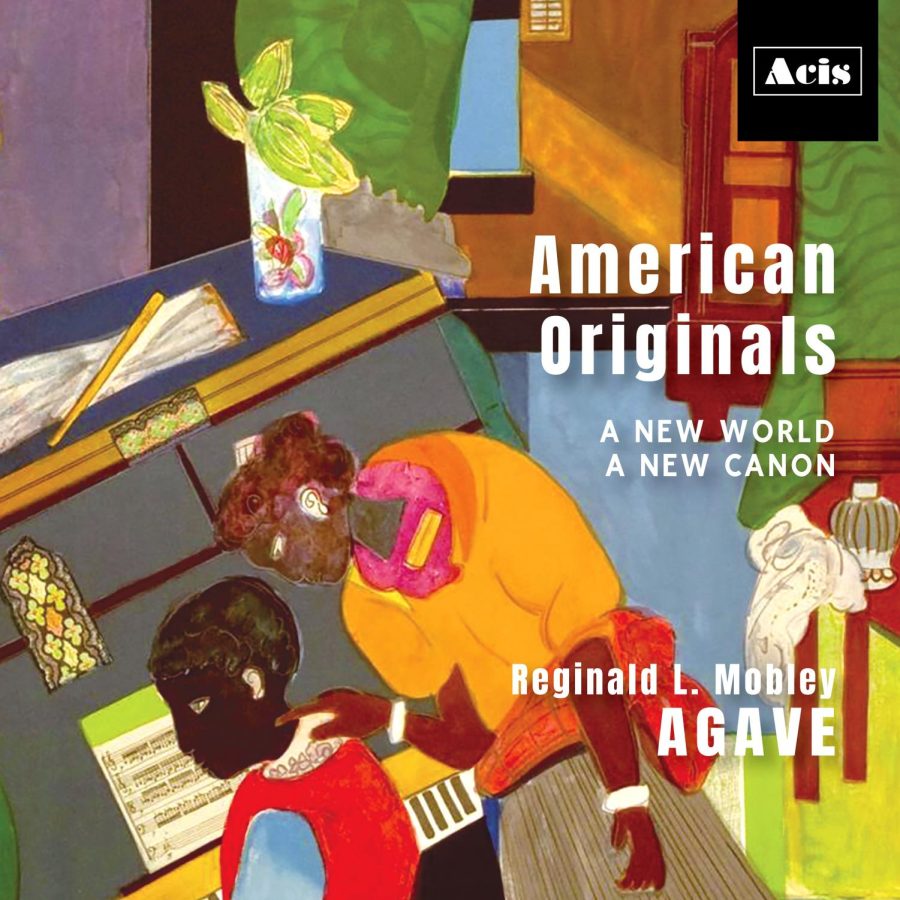This fall semester, Fresno City College will see the premiere of two distinctively modern plays that unite themes of Americanization, bullying, family conflict and more with the passion of local college theatre.
“From Up Here,” directed by Janine Christl, premieres Oct. 4, while “Year Zero,” directed by Chuck Erven, premieres Nov. 15.
Christl’s play has been cast and is now in the process of rehearsing with student actors daily. The four-member cast of “Year Zero” begins practicing on Sept. 30.
Both shows are significant because they examine contemporary American issues that “period pieces” such as Edwardian dramas or the work of Shakespeare may handle differently.
“From Up Here,” written by Liz Flahive, looks into the issues of bullying, school violence and our nation’s collective treatment of those creating school violence.
“Really what the core of it is about is the support system that you develop during trauma, and the way that you rise above trauma and come out on top,” Christl said.
The main character Kenny struggles to create balance between his stressful home life, the unexpected support and love from another student, a counselor and a traveling aunt, and his complicated quest for redemption after bringing a gun to school a year before due to being bullied.
For assistant director Alyssa Holste, an FCC student, “From Up Here” is about “learning how to survive, whether its in a literal sense … or surviving high school from Kenny’s perspective.”
“Year Zero,” written by Michael Golamco, similarly addresses conflicts of the younger generations, yet also digs into a distinctive aspect of American society: the history and presence of non-white immigrants and the legacy of their second-generation children.
Vuthy and Ra may be second-generation Cambodian-Americans born to an immigrant mother, but that doesn’t stop them from adapting to a vastly different society found in modern America.
When their mother unexpectedly dies, the siblings are forced to deal with the trauma of their mother’s experience with the Cambodian genocide, as well as hidden conflicts of family communication and Americanization.
“There are issues of what it means to an American on some level. There are issues of culture … so all of that’s sort of in there,” Erven stated about the central issues tackled in “Year Zero.”
Yet “Year Zero” is ultimately a comedy and a slice-of-life, Erven explains, ensuring that the injection of humor into a very serious topic is definitely not an attempted distraction.
Ultimately, it is a play consisting of much more than genocide or Cambodian culture.
“It’s a script that speaks to lot of people … there’s a lot of people in the Valley, that this is their story,” he said.
“Year Zero” proves that individualism is not overshadowed by family history or trauma, allowing the light to shine on the personal experience of these individuals and not simply on such a historical tragedy.
Both plays focus on the powerful ability to overcome hardships and thrive once again, as well as the importance and healing power of human interaction.

